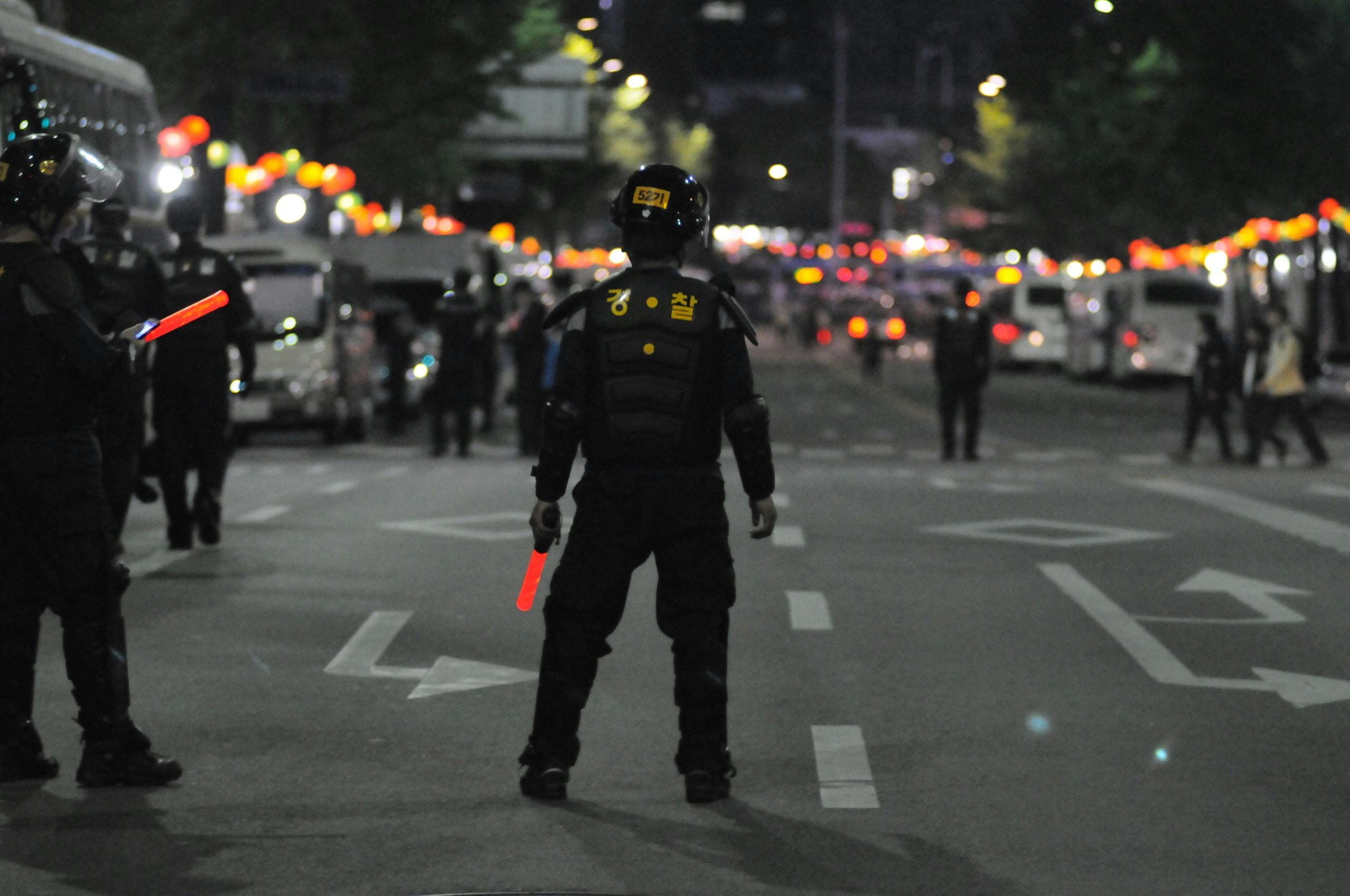Entering the era of guns and violence, Robert Fico in the eye of the storm

Can politics ever be free from violence? As news flood our daily reports, it is quite astonishing to realise that more and more of the media that we consume is starting to have a violence element to them. Be it a shooting in a store, an alert for nuclear weapons in an isolated warehouse or an elderly woman getting completely beaten up by masked assailants.
Earlier this week, Slovakian Prime Minister Robert Fico was shot a total of five consecutive times while performing diplomatic duties in the Slovak town of Handlova. Fico approached a crowd of devotees who were waiting to talk with him when shots were heard. In the midst of the chaos, the police detained the prime suspect, a 71-year-old Slovak national, and the recently wounded Prime Minister was carried away and shortly after flown out to the nearest hospital to receive emergency surgery.
Lawyer by vocation but politician by profession, Robert Fico was recently re-elected for the third time in the Slovak elections of October 2023 and, as some would say, he has been pushing the country closer and closer to the edge. His policies, characterised by a complex combination of populist rhetorics, pro-Putin feelings and familiar conservatism, have polarised the country. In fact, the consequences of the measures that his cabinet has implemented have already caused considerable damages to the Slovak demographic state by driving the already ageing population towards an even more skewed distribution. Young Slovaks have increasingly left their hometowns towards neighbouring countries, in particular the Czech Republic, due to his lacking democratic character and anti-LGBTQ+ policies. His most recent addition to the extensive list of controversies is the attempt to restrict freedom of the press, after categorising them as hostile and announcing his initiative to eliminate all media that criticised his government.
One might be more or less fond of such conservative, extreme and discriminatory policies, but does that justify murder? Since when is it considered valid to assassinate the politicians we do not agree with? What this shows us is the path we have been taking in the past decades, as we are, in fact, walking a thin line between succumbing to violence and vowing to peacefulness. The main difference between these categorizations is how we define politics. What is politics? How do we define it? How do we perform it? How do we even create such a binary distinction between what is and what is not politics? How do we other politics from non-politics?
Clearly, there is no one correct answer to these inquiries, but it seems that Fico’s approach in regards to international disputes has been the friend/enemy binary, built over the principle of enmity. One who is my friend is not my enemy, and one who is my enemy is not my friend. As a scientific taxonomy, it sins of excessive complacency with the real world that surrounds us, but it does mark a beginning for the crafting of a more intricate mechanism tracing. But then, if politics are violent, does that mean that violence is politics? Once direct violence in the normative international arena kickstarts, it is very hardly controlled and stopped, but we must not misunderstand, as violence is also the slow-building psychological pressure onto each and every single individual who is affected by such policies.
If all our issues can be solved by shooting, harassing and massacring all those politicians and heads of state whose views we do not agree with, how are we supposed to be separated from animals, where survival of the fittest is the norm? Or, even worse, how are we supposed to proclaim that we are different from all of those politicians whose main policies include repression of alternative points of view?
Further reading:
Slovakian prime minister sparks alarm with threat to restrict media | Slovakia | The Guardian
Who Is Robert Fico, the Prime Minister of Slovakia? – The New York Times (nytimes.com)
Robert Fico: Slovakia’s prime minister shot multiple times in ‘politically motivated’ attack | CNN



